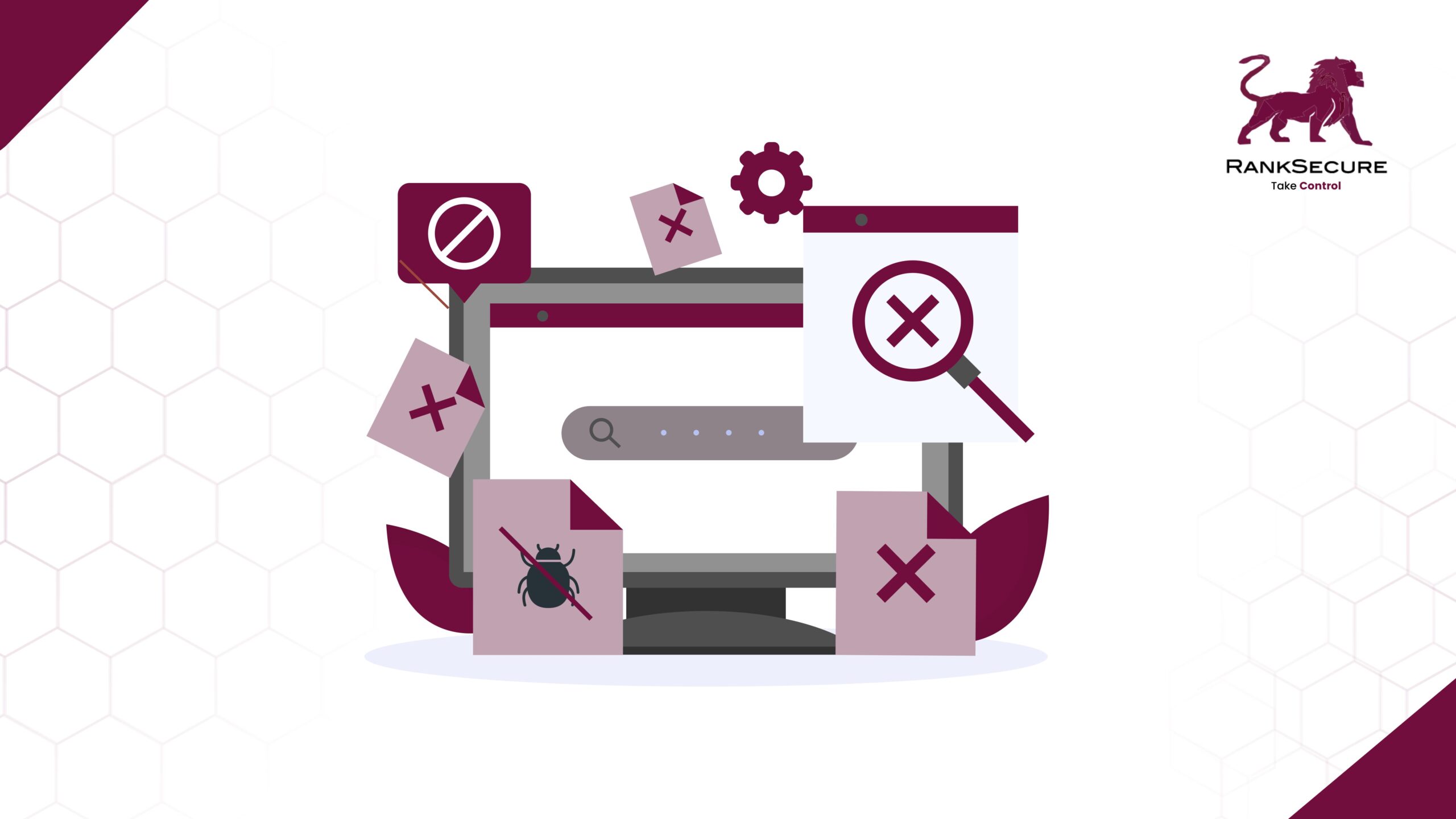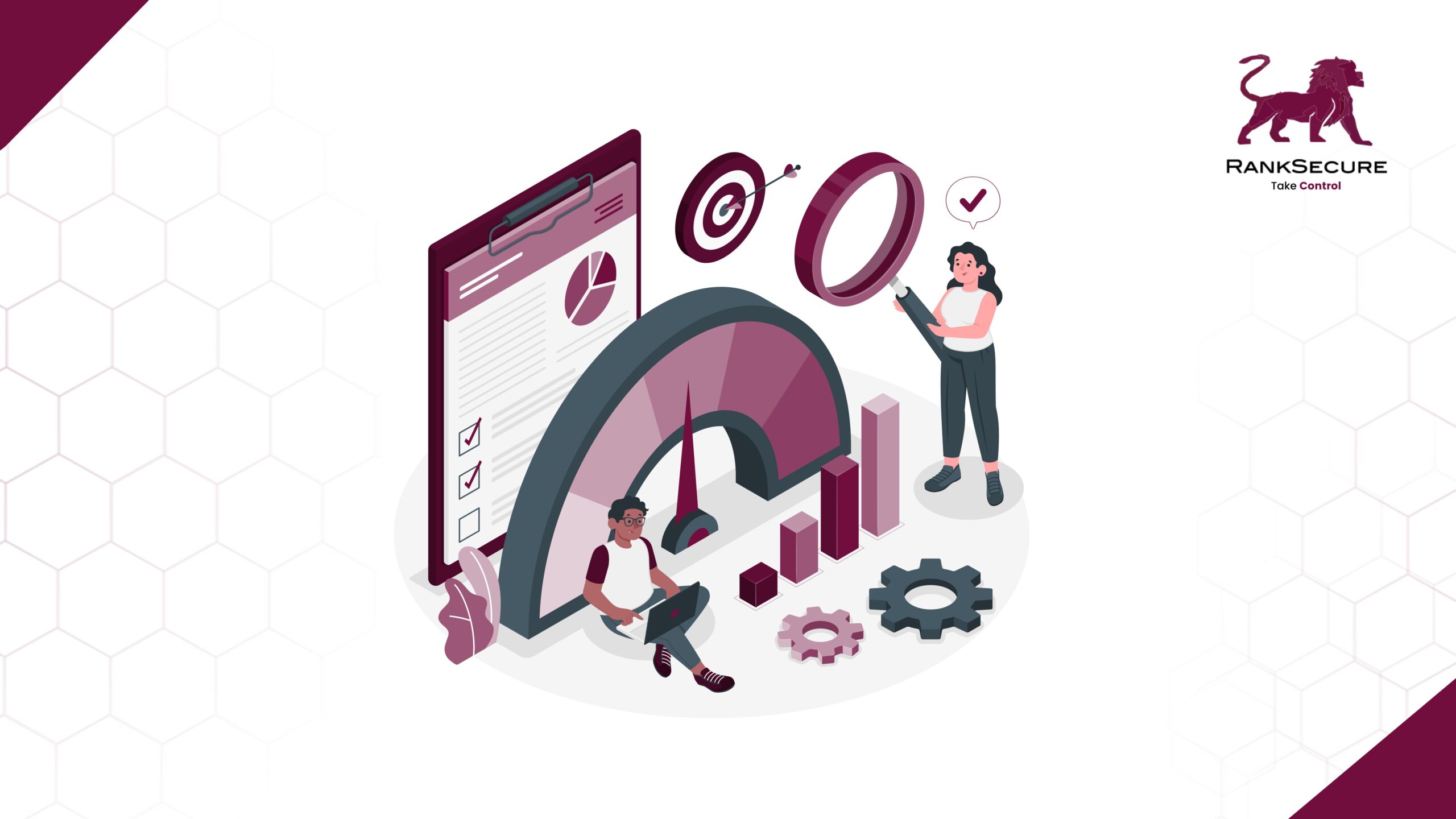The Impact of Present-Day Energy Crisis on Small Businesses and Strategies to Mitigate Them
Small businesses have long faced challenges that create inevitable impacts on the cash flow and day-to-day operations. Despite these challenges, the utmost requirement for any business to function is resources, especially energy resources. And with rising costs, energy management is becoming a hurdle for small enterprises.
Electricity demand is expected to grow by 5 percent annually during 2018–2040 as the population, economy, and the middle class of the country grows.
Nine in ten Indian business leaders (92.2 %) are also concerned about the availability, reliability and security of the energy supply.- ET
As the statistics suggest, with growing demand and emerging small enterprises looking for substantial growth; energy management will have to catch the start-up wave.
We recommend organizations must explore smart technology in the energy approach, to circumvent hindrances to the growth because of inefficiency and increased finances.
Will the IT power crisis end?
IT in India is facing a crisis with increasing power consumption. The substantial increase in power costs has had organizations lose opportunities because of inefficient functioning. The geopolitical scenario is playing a significant role in this process.
82 percent of Indian decision-makers consider rising energy costs to be ‘major’ or ‘moderate’ threat to their business profitability.- ET
The statistics all over the internet suggest that in the upcoming years, the power and energy crisis will impact growth for businesses, and eventually they will have to adopt smart technology in energy solutions.
A few drawbacks small businesses face because of the power crisis:
-
Stagnant growth: The businesses have faced linear growth over the years because of inefficiency in performance. However, the major reason that has contributed to the stagnant growth is resource limitation and power being one the crucial resources.
-
Shut down: An alarming number of businesses have shut down that had the potential to become massive and make India reach the global charts. The lack of resources and their inability to shift from traditional to modern solutions paused their growth.
-
Hardware failure: Uneven power supply impacts hardware lifecycle and functioning significantly. IT assets build businesses, hence a failure can lead to data losses and disrupt the functioning.
-
Supply chain disruption: The power crisis heavily impacts the supply chain. Failure of one element in a business’s working cycle impacts every other element associated and disrupts the work efficiency.
-
Heavy financial costing: The power costs are soaring which is further impacted by the increased cost of running a business because of inefficiency and poor performance cycle.
At present, the impact can be observed with the haltered growth of businesses and poor technology in energy management and resource structures. The challenges are endless.
The bigger question is- Are there solutions that specifically cater to small enterprises and help them invest in smart technology in energy?
An integration of smart technology into energy
As compared to the global average, businesses in India are slightly more concerned about the energy crisis with 74 % business leaders considering it a threat to profitability.– ET
Understanding energy-related concerns and their effects on the small business sector becomes more crucial as the global environment observes a shift. With an approach toward sustainability, the first thought that takes shape is how a business is going to implement a sustainable approach until it reaches a level of stability and performance efficiency. Can both sustainability and performance go hand in hand? Will investment in smart technology in energy help?
On average, it represents 34% of a business’s operating costs – and for a quarter of businesses (26 %), it accounts for more than half of their operating cost.- ET
In our experience, technological advancement is the future growth tangent for small businesses. The role of AI and predictive analysis will be crucial in determining the market competition.
“In fact, 93% of small business owners agree that AI tools offer cost-effective solutions that drive savings and improve profitability.”- SBEC CEO Karen Kerrigan
We have all the reasons to express why smart technology in energy investment would be a reliable choice for your business. Let’s explore:
-
Protects your hardware assets: Smart power management solutions integrate technology in a way that analyses and evaluates the hardware assets.
-
Optimizes all systems in a single user interface: The technology in energy investment leads to your data analysis in a single user interface and allows you to examine every asset.
-
Doesn’t impact IT infrastructure: The solutions are smart and developed to fit IT infrastructures without major manual intervention.
-
Fit all business sizes: Whether small businesses like yours or MNCs, the solutions are designed to adapt to every company’s structure.
-
Significant cost reduction: The introduction of smart technology in your energy usage contributes to efficient functioning and further helps in cost reductions because of its predictive analysis.
Other factors that contribute to your business growth are interconnected with power saving. For instance, extensive power management leads to reduced capital expenditure which allows organizations to reinvest the saved capital into the business as well as increase efficiency. The business growth and its sustainable approach further help organizations catch investors’ attention. The trend to invest in IT-sustainable businesses is on the rise and your business significantly benefits from the smart technology in energy investment. Our recommendation for a smart solution that will fit a small business’s budget is- IPM+ Energy Management Solution.







